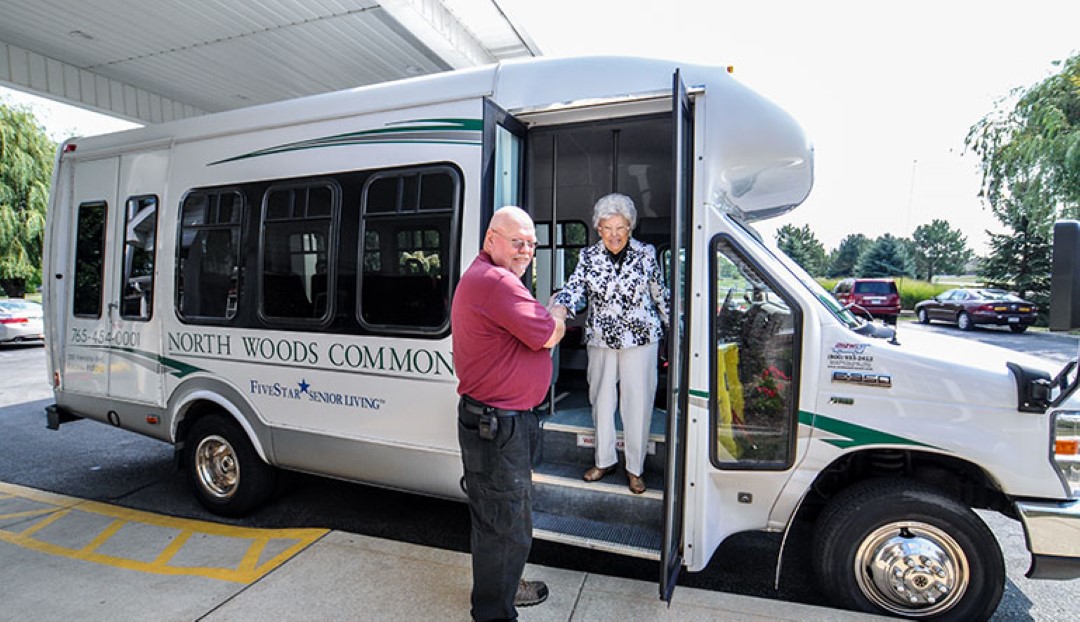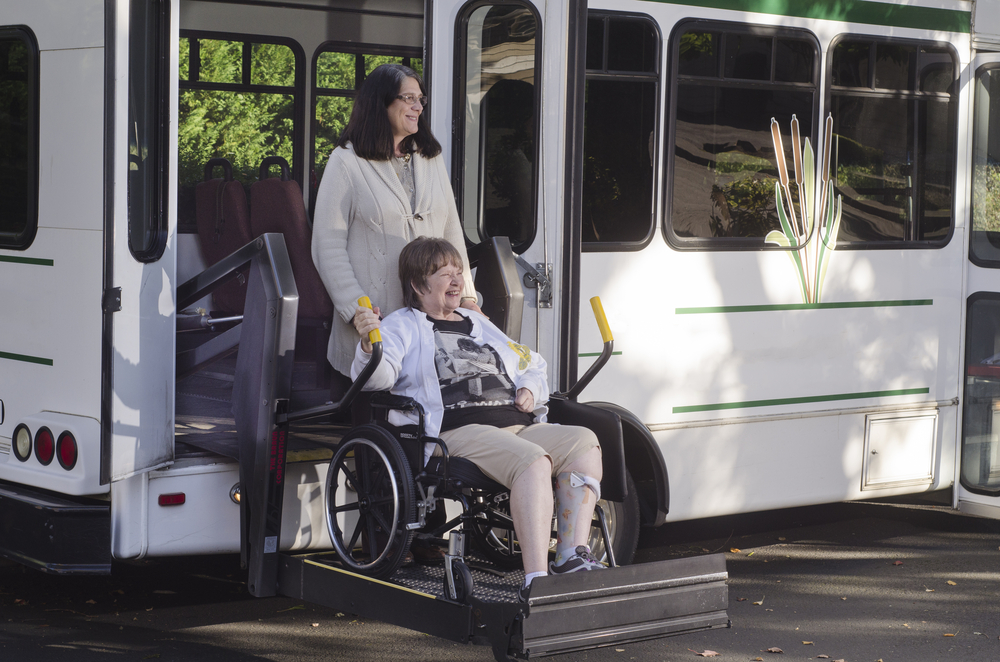Starting a transportation business for the elderly can be a rewarding venture that serves a vital need within the community. With an aging population, there is a growing demand for safe and reliable transportation services for seniors who may have limited mobility. In this guide, we’ll walk you through the steps to get started in the elderly transportation business, from planning and legal requirements to marketing and operation strategies.
Understanding the Market
Before you dive into the transportation business for the elderly, it’s essential to understand the market thoroughly. The aging population in many countries has created a substantial demand for services tailored to senior citizens. Conducting market research will help you identify your target demographic and the specific needs of the elderly in your area.
Legal and Regulatory Considerations
Starting a transportation business, especially one catering to the elderly, involves adhering to various legal and regulatory requirements. This includes obtaining the necessary licenses and permits, securing appropriate insurance coverage, and complying with safety regulations. You’ll also need to establish your business as a legal entity, such as an LLC or a corporation, and consult with an attorney to ensure you’re in full compliance with local, state, and federal laws.

Fleet and Equipment
Investing in a suitable fleet of vehicles is a crucial step in your transportation business. Consider purchasing vehicles that are comfortable, safe, and equipped with amenities catering to the elderly, such as wheelchair accessibility and easy entry and exit. Regular maintenance and safety inspections are vital to ensure the well-being of your passengers.
Hiring and Training Staff
To provide the best service to elderly passengers, you need a team of skilled and compassionate drivers. Conduct thorough background checks on potential hires and provide comprehensive training in customer service, safety, and first aid. Hiring drivers who are sensitive to the unique needs of elderly passengers can set your business apart.
Insurance Coverage
Adequate insurance coverage is a must to protect your business and your passengers. Liability insurance, commercial auto insurance, and workers’ compensation coverage are essential to shield your company from unforeseen events. Consult with an insurance agent to determine the appropriate coverage for your specific business.
Pricing and Payment Options
Determining your pricing structure is a critical aspect of your business plan. Consider the costs of maintaining your vehicles, paying staff, and other operational expenses. You’ll also need to decide whether you’ll charge on an hourly basis, per mile, or offer subscription plans. Offering flexible payment options, such as credit cards or online payments, can make your service more accessible to your elderly customers.
Marketing and Promotion
Building a solid marketing strategy is essential to attracting clients to your transportation business. Utilize online and offline marketing channels to reach your target audience. Create a user-friendly website that outlines your services, pricing, and contact information. You can also utilize social media platforms to reach a wider audience and encourage word-of-mouth referrals.

1. How can I ensure the safety of elderly passengers during transportation?
- Safety is paramount in the elderly transportation business. Make sure your vehicles are equipped with safety features, hire trained drivers, and conduct regular maintenance checks. Also, consider installing GPS tracking and emergency communication systems for added security.
2. What are the key legal requirements for starting an elderly transportation business?
- Legal requirements may vary by location, but typically, you’ll need licenses, permits, insurance, and compliance with safety regulations. Consult with a local attorney or business advisor to navigate the specific legal requirements in your area.
3. How can I differentiate my elderly transportation business in a competitive market?
- To stand out, focus on providing exceptional customer service and prioritize the unique needs of elderly passengers. Consider offering value-added services like assistance with boarding, disembarking, and a friendly, compassionate approach that sets your business apart.
4. What types of vehicles are best suited for elderly transportation?
- Vehicles should be comfortable, easy to enter and exit, and wheelchair accessible. Consider using vans or minivans equipped with the necessary amenities to accommodate elderly passengers comfortably.
5. How can I determine the pricing structure for my elderly transportation services?
- Your pricing should cover operational costs while remaining competitive. Consider factors like vehicle maintenance, fuel, insurance, and staff wages. Research local market rates and customer expectations to set a pricing structure that balances affordability and profitability.
Conclusion
Starting a transportation business for the elderly is a compassionate and potentially profitable venture that serves a growing demographic. By carefully considering legal requirements, vehicle selection, staff training, and safety measures, you can establish a reliable and reputable service that caters to the unique needs of elderly passengers. With a strong marketing strategy and a commitment to exceptional customer service, you can successfully launch and grow your business in this specialized niche.

